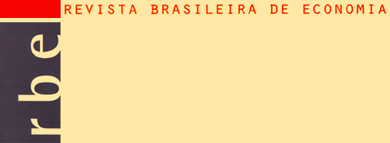The paper analyzes the evolution of monetary policy since the implementation of inflation targets in the period 1999 to 2009 in order to assess whether there are differences in the conduct of monetary policy between managements of Arminio Fraga and Henrique Meirelles. A New Keynesian general equilibrium model is used to model the Brazilian economy and derives a Taylor rule to find the sufficient condition for inflation convergence. The process of empirical analysis is to estimate a VAR model whose parameters vary over time as well as innovations in the variance-covariance matrix. The empirical results show that (i) there aren't significant differences in the conduct of monetary policy during the administrations Arminio Fraga and Henrique Meirelles; (ii) Since 2003, the interest rate remained above that needed for the convergence of inflation according with the stability condition; and (iii) Arminio Fraga management acted according to a Taylor rule in the crisis of 2002, and inflation remained above target because of the magnitude of exogenous shocks.











